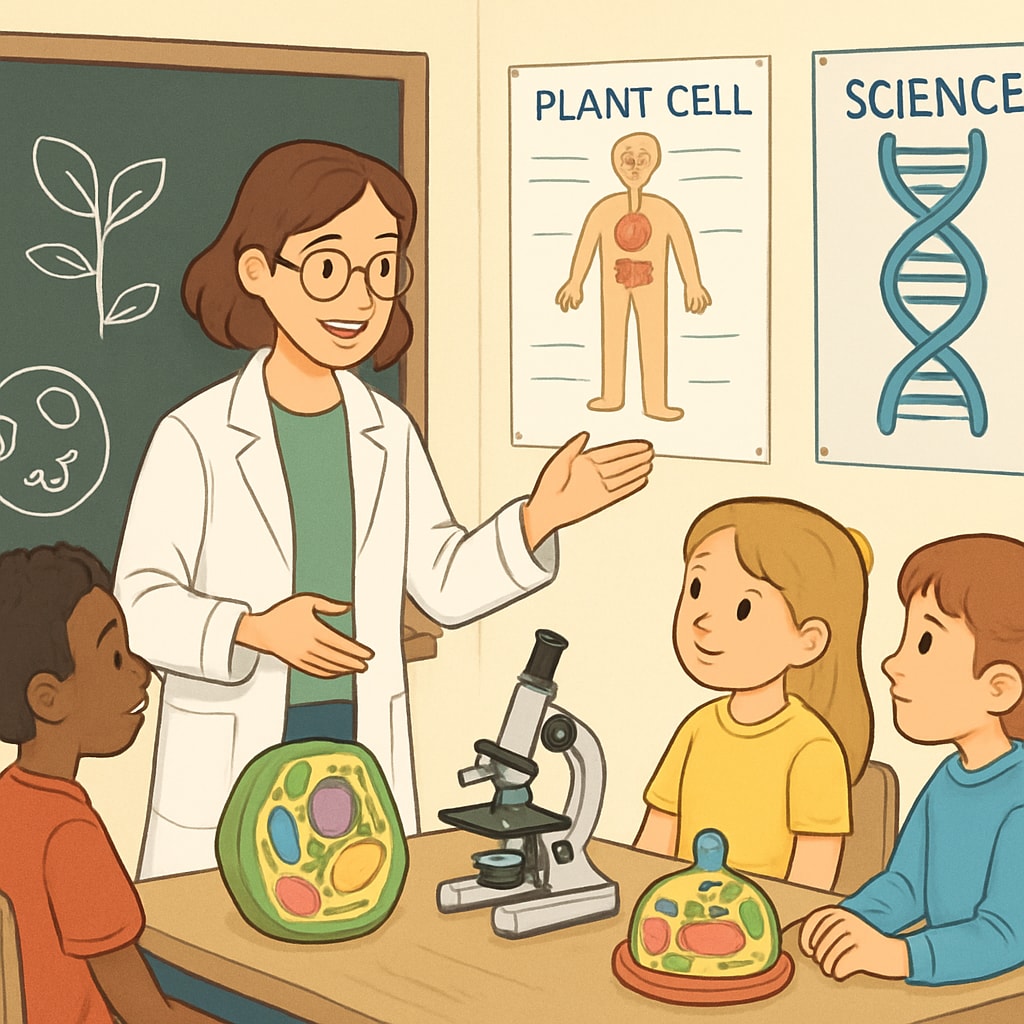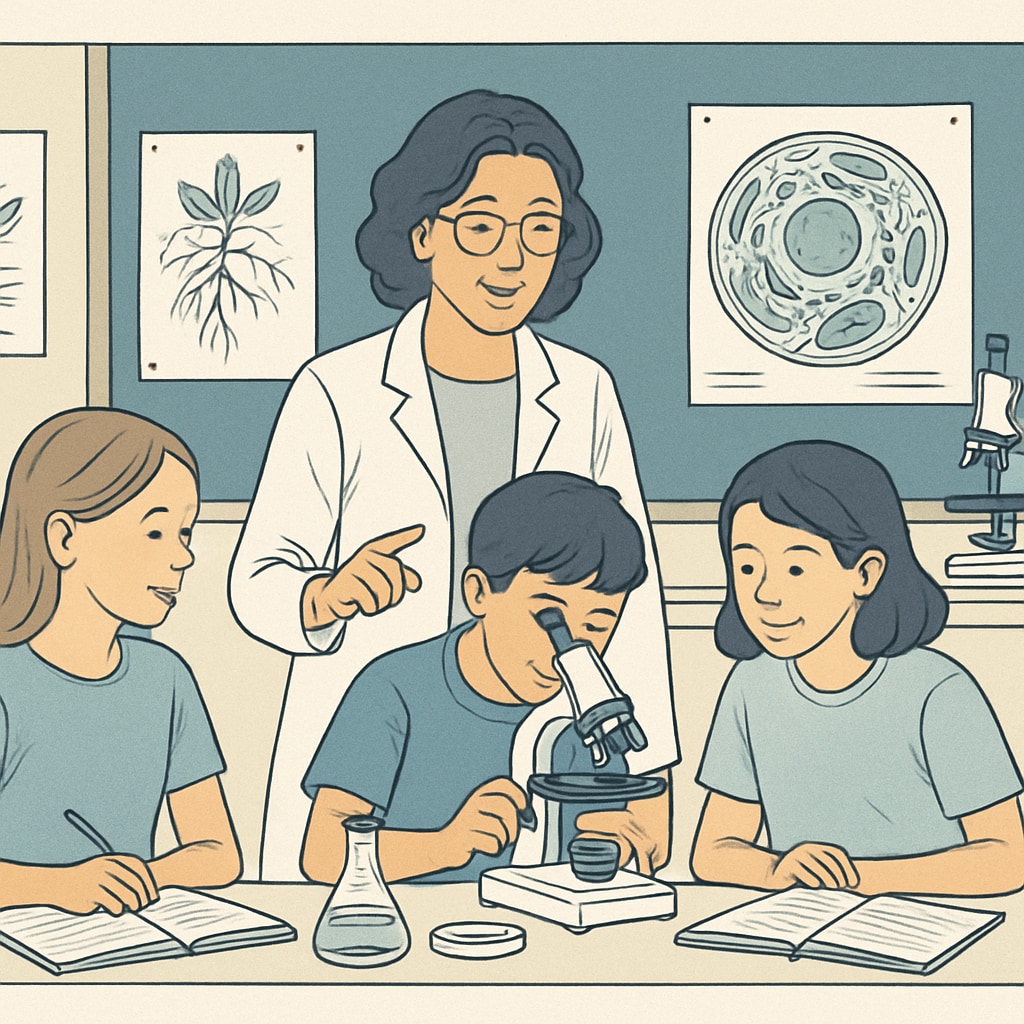The transition from a biology degree to a master’s in education offers an intriguing pathway for individuals passionate about both science and teaching. Moving from the lab to the classroom is not only feasible but is also a rewarding career shift for those seeking to inspire the next generation. This article discusses the key aspects of this transformation, including the advantages of a biology background, the challenges of switching fields, and practical strategies to navigate this career transition.
Why Consider Transitioning from Biology to Education?
A biology degree equips students with analytical skills, problem-solving abilities, and a deep understanding of life sciences. These competencies are highly applicable in the educational field, especially in STEM (Science, Technology, Engineering, and Mathematics) teaching. By pursuing a master’s in education, biology graduates can leverage their subject expertise to address the growing demand for qualified educators in STEM disciplines.
For instance, biology graduates can inspire curiosity in students by connecting scientific concepts to real-world applications, such as environmental conservation or medical advancements. Moreover, educators with STEM expertise play a crucial role in bridging the skills gap in science-related industries, making this career shift both meaningful and impactful.

Benefits of a Biology Background in Education
Biology graduates bring unique strengths to the field of education. Here are some advantages:
- Subject Mastery: Deep knowledge of life sciences allows biology graduates to teach complex topics with confidence and clarity.
- Research Skills: Experience in conducting experiments and analyzing data can enhance teaching methods, especially in laboratory-based lessons.
- Critical Thinking: The analytical mindset developed through biology studies can help educators design problem-solving curricula.
- Communication Skills: Presenting research findings in biology trains students to convey information effectively—a crucial skill for teaching.
In addition, many biology graduates possess hands-on experience in laboratory work, which can be invaluable for designing interactive and engaging science lessons. This practical expertise helps students understand the real-world applications of scientific theories.
Challenges of Transitioning to Education
While the transition from biology to education has its advantages, it also comes with challenges. Understanding these hurdles is essential for a smooth career switch:
- Educational Theory: Adjusting to pedagogical frameworks and learning theories may require significant effort for science graduates.
- Certification Requirements: Many countries mandate teaching certifications or licensure, which may involve additional coursework or exams.
- Classroom Management: Developing skills to manage diverse classrooms and address students’ varying needs can be daunting for newcomers.
- Shift in Work Environment: Transitioning from a research-focused lab setting to a dynamic classroom environment may take time to adapt to.
However, these challenges are not insurmountable with the right preparation and support. Many master’s programs in education offer foundational courses to help bridge the gap for students coming from other fields.

Strategies for a Successful Career Transition
To make a seamless shift from biology to education, consider the following strategies:
- Research Education Programs: Look for master’s programs tailored for non-education graduates, such as programs with a focus on STEM teaching.
- Gain Practical Experience: Volunteer as a tutor, teaching assistant, or mentor to gain firsthand experience in education.
- Network with Educators: Connect with teachers, school administrators, or alumni who have made similar transitions to learn from their experiences.
- Leverage Transferable Skills: Highlight skills like critical thinking, data analysis, and communication in your applications and interviews.
- Stay Updated: Familiarize yourself with current educational trends, technology in teaching, and curriculum standards in your region.
By taking these steps, biology graduates can build a strong foundation for a successful and fulfilling career in education.
Conclusion
Transitioning from a biology background to a master’s in education is a viable and rewarding path for those passionate about science and teaching. While the journey may involve challenges, the advantages of a strong STEM foundation, combined with a commitment to lifelong learning, make this career shift not only feasible but also impactful. With the right preparation and mindset, biology graduates can thrive as educators who inspire and empower students to explore the wonders of science.
Readability guidance: This article uses short paragraphs, bullet points, and clear headings to enhance readability. Transition words are included for logical flow, and passive voice is minimized to maintain an engaging style.


